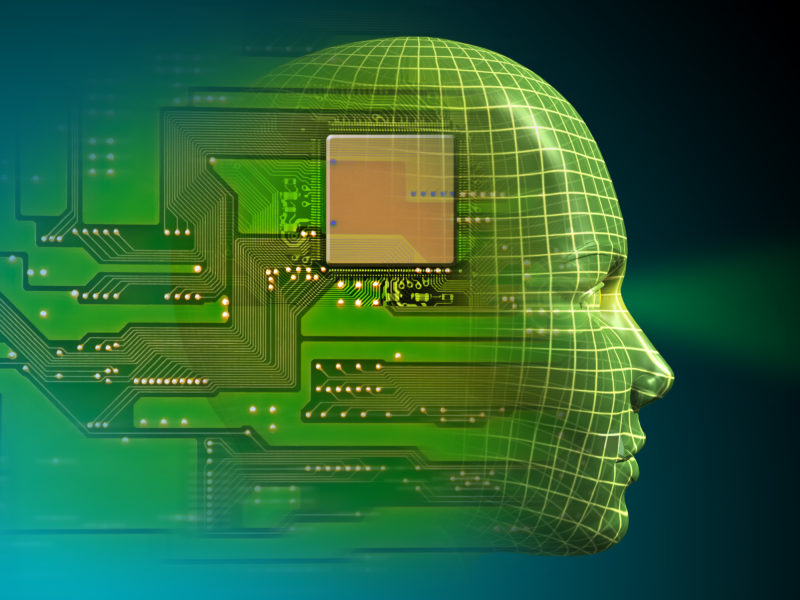Cognitive Performance — The Human Side of Cognitive Computing
Cognitive Performance — The Human Side of Cognitive Computing https://csuiteold.c-suitenetwork.com/advisors/wp-content/themes/csadvisore/images/empty/thumbnail.jpg 150 150 Daniel Burrus https://secure.gravatar.com/avatar/fb8b6c9e6ecdf13e00f3908c30708afc?s=96&d=mm&r=g
By Daniel Burrus and Neil Smith
(In this blog series on how elevating cognitive performance is a game changer for organizations, I’ve invited Neil Smith, CTO at Think Outcomes, to join me in writing on this important topic due to his expertise and the cognitive performance software his firm has created.)
As a leader, your responsibilities exist on the cognitive side of your business, where you think critically, make complex decisions, collaborate among your network, communicate with your stakeholders, comply with regulations and monitor uncertainties, to name a few. These activities represent your cognitive work. Given today’s rapid growth in organizations using AI, you are most likely exploring the current state of cognitive computing and how it can help you with your responsibilities beyond the collection, storage and retrieval of data through computers as data appliances. You are also considering how the highly marketed definitions of cognitive computing from IBM Watson can help you?
How cognitive performance computing can help you as a critical thinker in business
As we meet with leaders in business, management consulting and government around the globe, they, too, are wondering how they can leverage cognitive computing for their work.
These professionals occupy roles in the cognitive operations of their organizations, where there is a constant set of unknowns. Senior executives are responsible for closing their gaps in knowledge about the future state of their businesses. Trusted advisors must do the same for their clients. As standard setters must set guidelines as best practices, regulators create the laws that require cognitive compliance from organizational leaders. The next evolution of cognitive computing addresses their cognitive responsibilities — i.e., helping executives and management consultants work through their risk-reward trade-offs in context to situational context and criteria, while standard setters and regulators build the required thresholds into the thinking of organizational leaders. This segment of cognitive computing is known as cognitive performance. Enhancing cognitive performance improves critical thinking, stakeholder communications, decision making, advisory collaboration, monitoring of uncertainties and cognitive compliance. Cognitive performance software extends the human mind with computing to help humans learn, compete and grow the impact of their own intellects.

Leverage cognitive computing for what your mind can’t do
Where machines continue to learn role-based tasks, it’s necessary for humans to work in harmony with machines to better navigate through areas of complexity and uncertainty. For business to advance, enhancing human performance needs to be a strategic imperative for business executives rather than accepting the status quo. With stronger human performance, culture will transform with faster cognitive insights and foresights to create an environment of deeper human learning. Without higher performance from our minds, we’re all operating the same way — figuring out situations on our own in a sequential order and learning from hindsight. Computers, available data and applying the four pillars of the Anticipatory Model will help us learn with foresight. To compete in industry today, we need cognitive computing to do more for our minds than provide data-driven insights. We need cognitive computing to assist the cerebral processing in our minds, help us gain perspective and put us in a position to make high-fidelity decisions. The human computers on top of our shoulders need turbochargers. As visual learners, wouldn’t it be great if we made our thoughts visual through thinking patterns to make the most of our risk-reward trade-offs! That would change the velocity of decision making and stakeholder communications! To move the needle much further in business requires a focus on the performance of human minds across teams — from senior executives and mid-level managers in business to those in their supply chains, consulting circles, insurance relationships, investor partnerships and professionals across the sciences, among others. Enhancing cognitive performance needs to be a strategic imperative to gain a competitive advantage.
Improve reasoning and judgment
Professionals know they rely on instinct and gut reactions all too often. Their ability to process information in their minds or to understand someone else’s viewpoint is often challenging. It’s a human limitation, and that’s where responsibility-based computing can help. The batting averages of professionals in reasoning and judgment must improve in today’s business world. The cognitive era is the time to break through these limitations and leverage computing to extend the capabilities of our minds.
Digital advancement in cognitive performance
Many teams responsible for operating processes on the transactional side of their businesses are now involved in digital transformation. They are automating their manual activities using AI, question-answering systems, big data and other software. Within the cognitive side of their businesses, the cognitive operating processes are ready to digitally advance as well. Those who spend time prioritizing and enhancing the cognitive performance of their teams will leapfrog their competitors as they will strengthen human performance.
The benefits of exponential advances in computing must now be applied to human performance. There’s a long, bright road ahead for the performance of the human mind. We’re just at the beginning.
Learn how to elevate your planning, accelerate innovation and transform results with The Anticipatory Learning System and how to maximize the cognitive performance of your team with Cognitive Performance Software.

